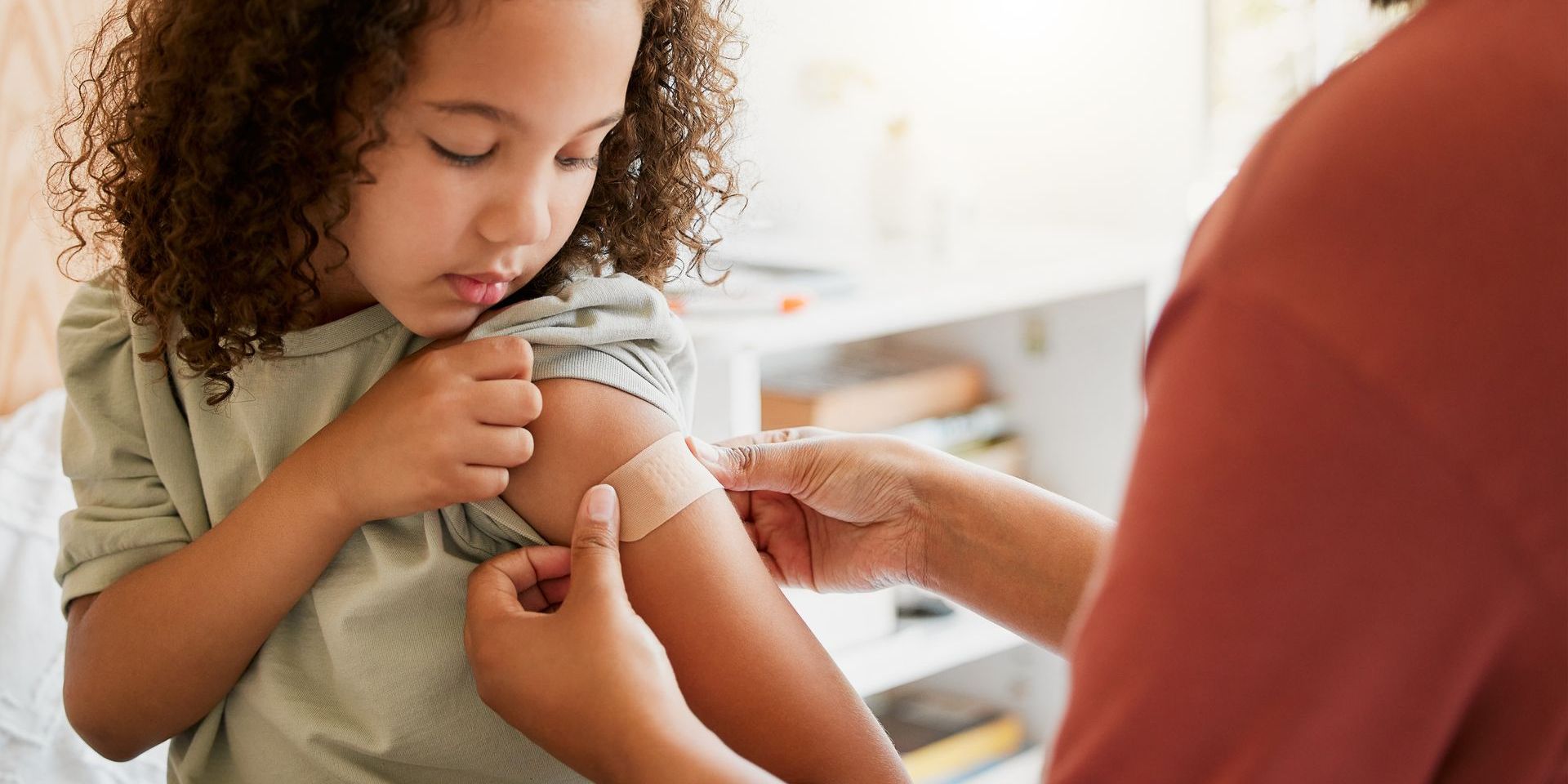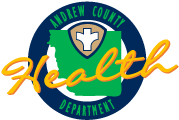Vaccine FAQ
Contact Us

Frequently Asked Questions About Vaccines
What are vaccinations?
Vaccinations help protect your child from serious diseases by teaching their immune system to recognize and fight specific bacteria or viruses. Most vaccines are given as injections.
What diseases do vaccines protect against?
Vaccines protect against serious illnesses such as measles, mumps, rubella, influenza, polio, tetanus, whooping cough, chickenpox, rotavirus, and hepatitis A and B, among others. While vaccines don’t prevent minor illnesses like colds, they are vital for shielding your child from life-threatening diseases.
Are vaccines safe?
Yes, vaccines are rigorously tested for safety before being approved and are continuously monitored. Most side effects, like mild soreness or a low-grade fever, are temporary and manageable. Serious reactions are extremely rare, and the benefits far outweigh the risks. If you have concerns, your child’s healthcare provider can address them.
When should I bring my baby in for vaccinations?
Your healthcare provider will provide a schedule and reminders for your child’s vaccines. Typically, the first vaccine (hepatitis B) is given shortly after birth, with multiple visits needed before age two to complete the recommended doses.
Can my baby get vaccinated if they have a cold or fever?
Yes. Mild illnesses, low-grade fevers, or antibiotics generally do not prevent your baby from receiving vaccines. If you’re unsure, consult your child’s healthcare provider.
What happens if I miss a vaccination appointment?
If you miss a dose, your child doesn’t need to start over. The provider will resume the schedule from where it left off.
How can I keep track of my child’s vaccines?
Ask your healthcare provider for a vaccination record card and bring it to every appointment. This record will ensure your child’s immunizations are up to date.
Is it too late for older children to get vaccinated?
No. It’s never too late to begin or catch up on vaccinations. Talk to your provider about starting or completing your child’s immunization schedule.
What if I can’t afford vaccines?
Vaccines are often free or low-cost for families in need. Contact the CDC-INFO Hotline at (800) 232-4636 or your local health department for resources.
Are these diseases still a threat?
Yes. While some diseases are rare in the U.S., they remain common in other countries and can be brought here through travel. Vaccinating your child helps prevent outbreaks and protects them from serious harm.
Can breastfeeding or vitamins replace vaccines?
No. While breastfeeding offers temporary protection against minor illnesses, it does not shield against vaccine-preventable diseases. Vaccines provide targeted, long-term immunity.
Why not let my child get natural immunity by catching the disease?
The risks of natural infection are far greater than any risk from vaccination. Diseases like measles or chickenpox can lead to severe complications, including paralysis, deafness, or even death. Vaccination is a safer, more effective way to build immunity.
Stay Up to Date
If you have questions or need to schedule immunizations for your child, please contact us. Together, we can ensure a healthier future for your family and community.
Additional Services
Need Assistance?
Have questions or need guidance? Our team is here to help! Reach out today and let us support your health and wellness journey.
Contact Us
info@andrewcountyhealth.com
106 North 5th Street, Savannah, Missouri 64485, USA
- Mon - Fri
- -
- Sat - Sun
- Closed



